
Studies on PCSK9 inhibitors, evolocumab and alirocumab, promote new guidelines for dyslipidemia management through lipid modification to reduce cardiovascular risk.

Matthew is an associate editor for The American Journal of Managed Care® (AJMC®). He joined AJMC® in 2019 and creates content for Medical World News®, a 24-hour online program developed MJH Life Sciences® focusing on pressing topics within managed care, as well as the nonwork-related activities of health care stakeholders.
He has a BA in journalism & media studies and economics from Rutgers University. You can connect with Matthew on LinkedIn.

Studies on PCSK9 inhibitors, evolocumab and alirocumab, promote new guidelines for dyslipidemia management through lipid modification to reduce cardiovascular risk.
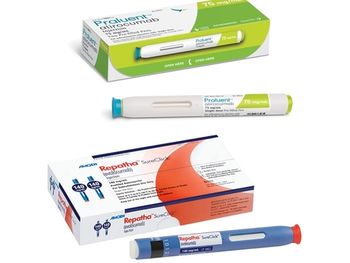
Research on competing PCSK9 inhibitors was shared at the European Society of Cardiology 2019 Congress in Paris, France.
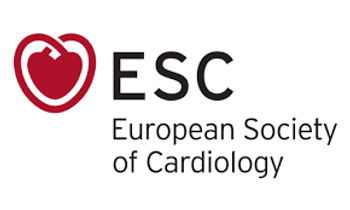
Coverage from the European Society of Cardiology 2019 Congress in Paris, France.

Postmenopausal women who undergo 5 years of menopausal hormone therapy, starting at age 50, showed a significant increase in breast cancer incidence, and can remain at risk for more than a decade.

Researchers identified a new gene mutation that impacts an individual’s sleep necessity and wakefulness.
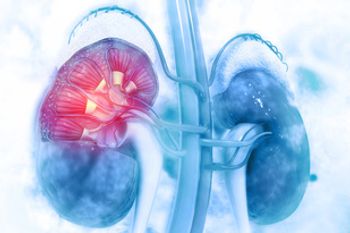
Dapagliflozin’s fast track designation follows findings from last year’s DECLARE-TIMI trial, a cardiovascular outcomes trial that showed the drug’s significant impact on delaying the loss of kidney function and reducing hospitalization risk for heart failure.

Quitting smoking can reduce a heavy smoker’s risk of heart disease within 5 years.

Cancer treatment raises the risk of heart disease in childhood cancer survivors, as does diabetes and hypertension.

Researchers found evidence correlating toxic air pollutants to increased respiratory and cardiovascular death rates.

A new study shows a lack of racial and ethnic diversity in clinical trials for cancer drugs, highlighting issues currently being addressed by the FDA.

Antenatal exposure to higher levels of fluoride was correlated to lower IQ scores in children aged 3 to 4 years, hinting at a possible need for fluoride intake reduction during pregnancy.

During the menopause transition, women with type 2 diabetes are more likely to have sleep disturbances due to an alteration in their hormonal response to insulin.

Researchers found underlying associations of insomnia with heart disease and stroke.

Parents treated for tobacco addiction within a pediatric office were associated with a significant decline in smoking rates as opposed to standard offices.

Scientists uncovered a rare, inherited gene mutation, known as RABL3, that raises the risk of pancreatic and other cancers.
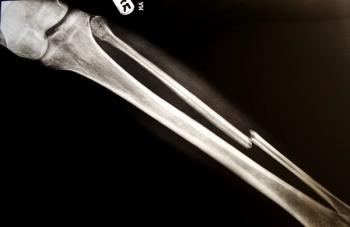
Women exposed to the chemical triclosan, which is found in products like soap and toothpaste, are at an increased risk for developing osteoporosis.

Obstructive sleep apnea, a catalyst for higher rates of depression, is a factor in the failure of major depressive disorder treatment, according to a June study published in The Journal of Psychiatric Research.

Results of this study suggest dosing for vaccines should be adjusted based on age and gender of the patient.

Artificial intelligence can be used to ameliorate reading time for digital breast tomosynthesis while maintaining or improving the accuracy of the reading, according to a new study.

Through the study, researchers identified a potential treatment target that could lead to alternatives for preventing the life-threatening condition.

Hydraulic fracturing, a process to stimulate production from new and existing oil and gas wells informally known as fracking, is associated with antenatal mental health issues such as anxiety and depression.
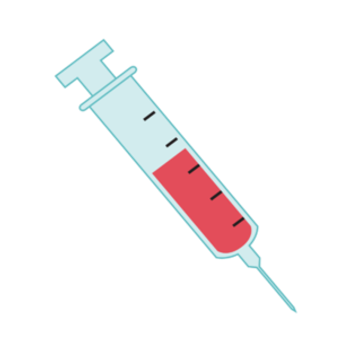
A single-dose human papillomavirus (HPV) vaccination strategy could be effective in less developed countries, where cost is in consideration.

Breathe Right Nasal Strips failed to ameliorate sleep quality and congestion issues for patients with chronic nocturnal nasal congestion, based on a study of 2 randomized controlled trials conducted.

Carrying excess stomach fat, even if not obese, is associated with a heightened risk of mortality, cardiovascular disease, and cancer among postmenopausal US women, according to a nationwide prospective cohort study published this month.

259 Prospect Plains Rd, Bldg H
Cranbury, NJ 08512
© 2025 MJH Life Sciences®
All rights reserved.
